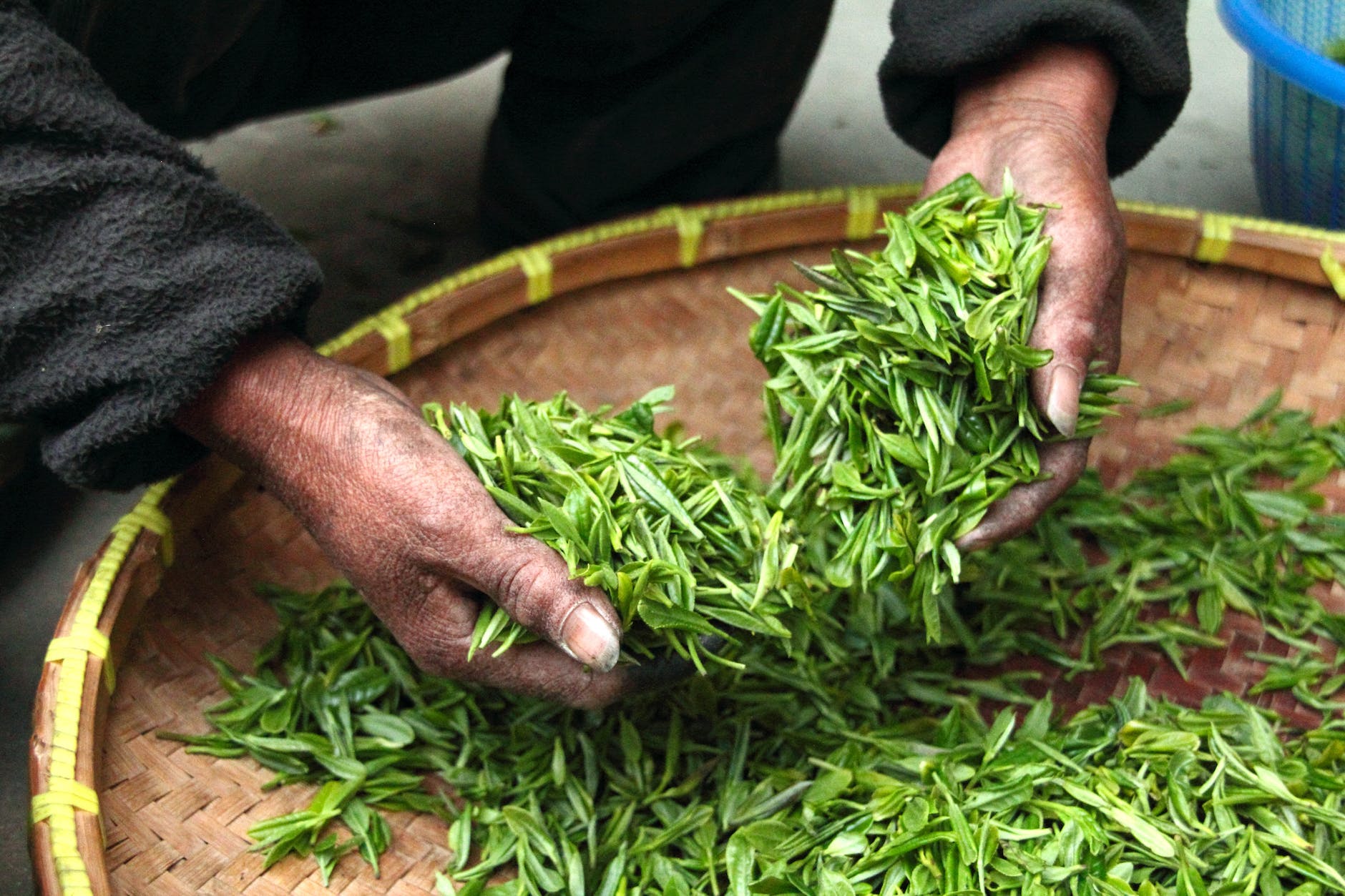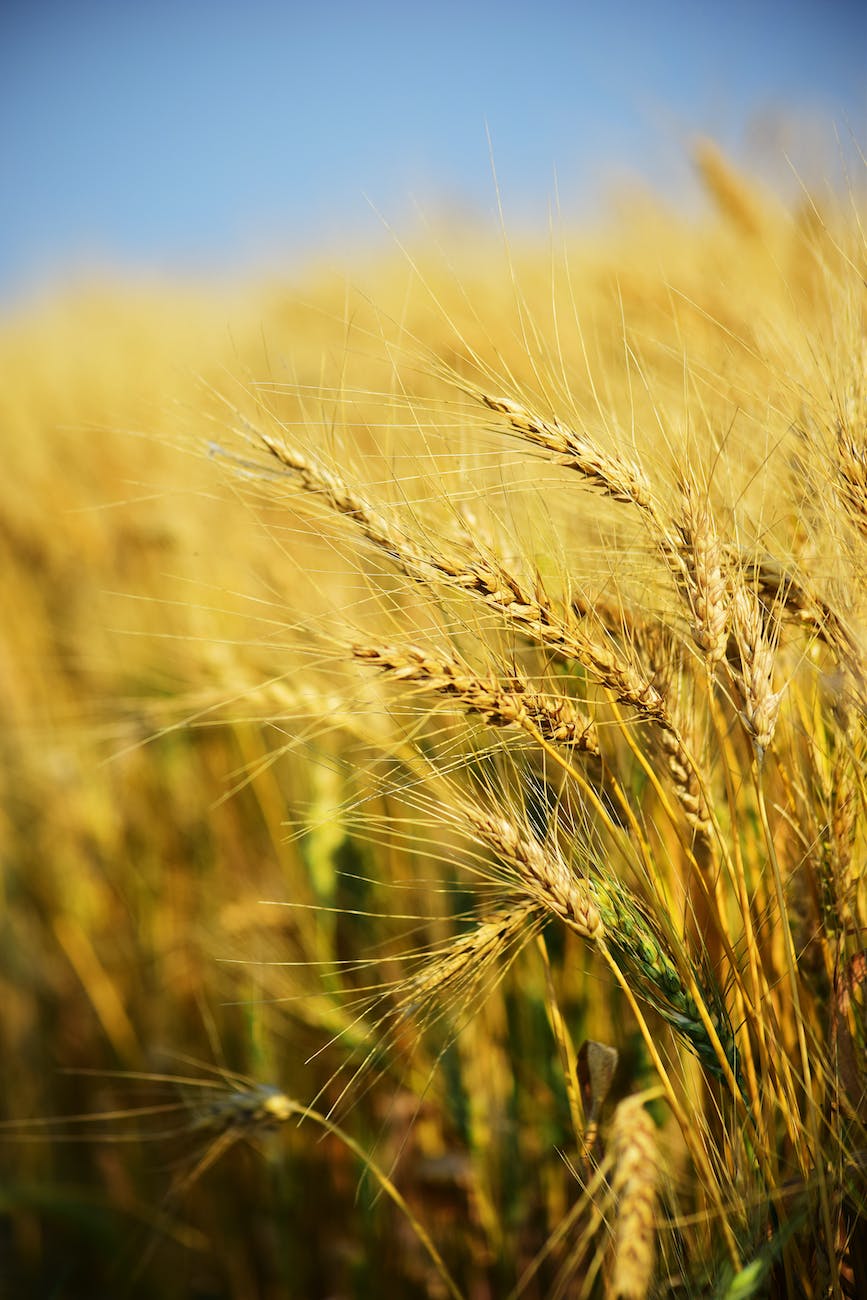
In the world of juicers, the Kuvings REVO830 🍏🍊🍋 has been a game-changer. But the question on everyone’s lips is, “Is it still the best juicer in 2023?” Let’s dive into the details and find out! 🕵️♀️
Also, we invite you to join our Facebook group Eatlo where you can share your juicing experiences, recipes, and connect with other juicing enthusiasts. We look forward to seeing you there! 🤗🍹
Technical Details of Kuvings REVO830 📝
The Kuvings REVO830 is a professional cold press whole slow juicer. It’s the world’s first juicer with a patented automatic-cutting auger designed to reduce juicing time. But what does this mean for you, the consumer?
The automatic-cutting auger is essentially a bladeless cutting feature that uses a screw to chop and grind your fruits and vegetables. This means you can throw in whole apples or long pieces of celery without the need for pre-cutting. It’s a time-saver and a game-changer for busy people who want to maintain a healthy lifestyle without the hassle of prep work. 🍎🥕
The juicer also features a dual chute design, with a large chute wide enough to accommodate whole medium-sized apples and a smaller chute perfect for long, narrow produce like carrots and celery. This design makes juicing a breeze, whether you’re juicing large or small produce. 🍏🥒
The REVO830 is powered by a strong 240-watt motor, which is powerful enough to juice anything you’ll want to juice. This means it can handle even the toughest fruits and vegetables, providing you with smooth, pulp-free juice every time. 💪
To find Full Technical Specifications on Amazon, Click Here.
Reviews Kuvings REVO830 and Analysis of Juicer 📊
The Kuvings REVO830 has received rave reviews from various sources. UK Juicers conducted an in-depth review and found the REVO830 to be the most efficient vertical slow juicer they have tested to date. They praised the juicer’s durability and its ability to handle the large forces involved in the juicing process. 🏆
Ideal Home also gave the REVO830 a thumbs up, noting its high juice yield and the informative materials and recipes provided with the juicer. They found the smoothie and citrus attachments to be very useful, making the juicer a versatile addition to any kitchen. 👍
However, it’s important to note that the REVO830 is pricier than other options on the market. But considering its innovative features, high efficiency, and versatility, it seems to be a worthy investment for those who are serious about juicing. Find the latest offers and pricing on Amazon in India- Click Here.💰
Pricing for Kuvings REVO830
The Kuvings REVO830, with its innovative features and high efficiency, comes at a certain price point. Here’s what you can expect to pay for this juicer in both India and the USA:
India: The Kuvings REVO830 is available on Amazon India, sold by Frootle India Pvt. Ltd. The price listed is ₹49,900.00. Please note that prices may vary depending on the seller and any ongoing promotions or discounts.
USA: In the United States, the Kuvings REVO830 is listed on the Kuvings USA website for $699.99. Again, prices may vary depending on the seller and any ongoing promotions or discounts.
It’s important to remember that while the Kuvings REVO830 is on the pricier side, it’s a high-quality, efficient, and versatile juicer that could be a worthwhile investment for those who are serious about juicing.
Tips for Kuvings REVO830 Juicer 🍹🎉
The Kuvings REVO830 is a versatile and efficient juicer that’s optimized for a variety of uses. Here are some tips on how to make the most of it and get the best results:
1. Use the Right Chute 🍏🥕: The REVO830 features a dual chute design, with a large chute for whole fruits and a smaller chute for long, narrow produce. Make sure to use the right chute for the right produce to ensure efficient juicing.
2. Take Advantage of the Auto-Cut Chute ✂️🥦: The automatic-cutting auger is a game-changer for reducing prep time. You can insert whole apples or long pieces of celery without pre-cutting. This feature not only saves time but also minimizes food waste and maximizes juice yield.
3. Use the Attachments 🍹🍨: The REVO830 comes with attachments for making smoothies, sorbets, and nut milk. These attachments can help you diversify your juicing routine and make the most out of your juicer.
4. Slow Juicing for Maximum Nutrient Preservation 🌿💪: The REVO830 uses low-speed masticating technology to eliminate heat and oxidation damage, preserving the maximum amount of nutrients in your juice. While this process may take a bit longer, the result is a higher-quality, more nutritious juice.
5. Regular Cleaning 🧼🧹: The REVO830 comes with a strainer-cleaning tool and brush for quick cleanup. Regular cleaning of the juicer not only prolongs its lifespan but also ensures that you get the best-tasting juice every time.
6. Experiment with Recipes 📖🍎: The REVO830 comes with a recipe book for inspiration. Don’t be afraid to experiment with different fruits, vegetables, and recipes to find your favorite juice combinations.
Our Analysis 🧐
After reviewing the technical details and the reviews from various sources, we believe that the Kuvings REVO830 is still one of the best juicers in 2023. Its innovative features like the automatic-cutting auger and dual chute design make juicing easier and more efficient. Its strong motor ensures that it can handle a wide variety of produce, and its high juice yield means you get the most out of your fruits and vegetables.
While it is on the pricier side, the REVO830 seems to offer good value for money, especially for those who juice regularly. Its versatility, with the ability to make smoothies, sorbets, and nut milk, also adds to its appeal.
We would love to hear about your experiences with the Kuvings REVO830! Do you have any tips or tricks to share? Any favorite recipes? Please leave a comment below and share your juicing stories. 🗣️💬
Also, we invite you to join our Facebook group Eatlo where you can share your juicing experiences, recipes, and connect with other juicing enthusiasts. We look forward to seeing you there! 🤗🍹
In conclusion, if you’re looking for a high-quality, efficient, and versatile juicer, the Kuvings REVO830 is definitely worth considering. It may just be the best juicer for you in 2023! 🎉













